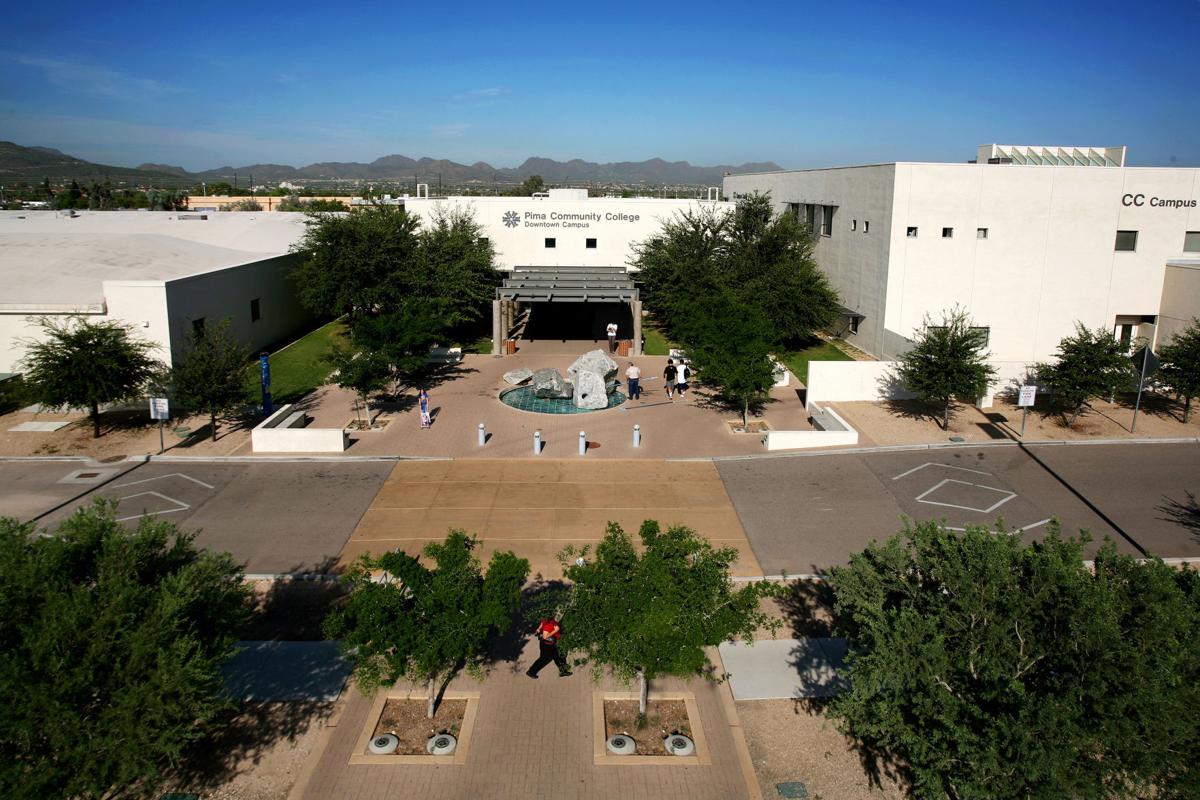PHOENIX — Arizona’s community colleges may have the best chance ever of finally being able to offer four-year degrees to their students.
With only three dissenting votes, the state House voted Monday to permit community colleges to offer baccalaureate degrees to students. The measure now goes to the Senate.
If ultimately successful, the move would cap years of efforts by advocates to find alternatives to what some consider to be both expensive and inconvenient programs for residents to get four-year degrees at one of the state’s three universities. Similar measures have faltered for at least the last quarter century amid stiff opposition from members of the Arizona Board of Regents who have argued there is no need.
This year, possibly recognizing the increased sentiment of lawmakers for a more affordable alternative, the university system agreed not to oppose HB 2523. But it did demand — and the colleges agreed — to some concessions.
The colleges can’t just get into the business. Instead, it requires studies to determine if the colleges, supported largely with local tax dollars, can hire the necessary faculty and sustain the programs.
There also has to be a determination that the degrees offered will meet needed fields and whether they would “unnecessarily duplicate” programs already offered elsewhere.
And there’s no authority for new property taxes.
There’s an extra hurdle in HB 2523 for the colleges in Pima and Maricopa counties. They could initially offer only a limited number of four-year degrees, defined as no more than 10% of total degrees offered for the first four years and 15% for years five and beyond.
Potentially more significant, tuition for courses in the junior and senior years cannot exceed 150% of what they charge for any other program.
Still, that would be a major cost break.
Typical tuition at state universities runs north of $9,000 a year and up to more than $12,000.
By contrast, Pima Community College charges a base rate of $1,305 for 15 credit hours, the typical load for one semester, though some programs do have surcharges. Doubling that for an annual cost and using the cap in the legislation, that still comes to less than $4,000 a year.
At Maricopa Community Colleges there is a flat rate of $1,020 per semester, putting the cap at slightly more than $3,000 annually.
But even assuming the measure survives the legislative process, don’t look for any new programs immediately. It is likely to take two years or more to do the studies, hire the staff and get the offerings accredited.
Monday’s vote is a major victory for Rep. Becky Nutt, R-Clifton, who has been pushing the issue for years, largely on behalf of Eastern Arizona College. She finally came up with a plan that, at least for now, the universities are not trying to quash.
Rep. Michelle Udall, R-Mesa, who chairs the House Education Committee, said that’s a major development.
“We have a great need for more four-year degrees in our state,” she said. Beyond that, Udall said is the opportunity for students to get a four-year degree in their home communities.
“Often when students move to get an education they don’t return,” she said. “So we lose a lot of those students to other states or other communities instead of saying in their home community.”
But this isn’t just about filling gaps in rural areas. Linda Thor, a member of the governing board of the Maricopa colleges, said this can serve urban students as well.
“This legislation supports students who would not transfer (to a university) but will enroll if they have an option at their local community college that is convenient and affordable and leads to a good-paying job,” she told members of the Education Committee when the bill was heard there.
Thor also said that the colleges could help fill needs in areas where there are shortages of people with four-year degrees, including teaching and health care.
Not everyone was convinced.
Rep. Pamela Powers Hannley, D-Tucson, one of three legislators who voted against the bill, said she has yet to be convinced that there is a need that the university system isn’t meeting.
She said she understands how this would be less expensive, both in tuition and kids from rural communities being able to live at home. But Powers Hannley said she asked Nutt what new subjects these expanded community colleges would be offering that are not available elsewhere.
“She had no examples,” Powers Hannley told Capitol Media Services after Monday’s vote.
She acknowledged there is a big need in rural Arizona for people working in health care. But she said that goes beyond doctors, citing the demand for home health aides, community health workers, dental therapists and what she called “lower-level, grass roots health-care workers.”
“And those are being educated at community college now,” she said, with existing certificate and two-year degree programs.
But Rep. Joanne Osborne, R-Goodyear, had a different take.
“Let’s think about this growing state that we have and the fact that work-force development and economic development go hand in hand,” she said. “This is the type of thing that will help our rural areas and more and more people within Arizona be successful in a career.”
There may still be some hurdles.
Brittney Kaufmann, lobbyist for the regents, said regents now want a requirement for the community college systems in Pima, Maricopa and Coconino to have to work directly with university presidents before they offer four-year degrees. She did not detail what that means and whether the university officials would have some veto power.
But Kelsey Lundy, lobbyist for the Maricopa colleges, said she interprets this as a “first right of refusal” by the universities to offer programs the colleges are considering.





